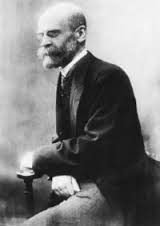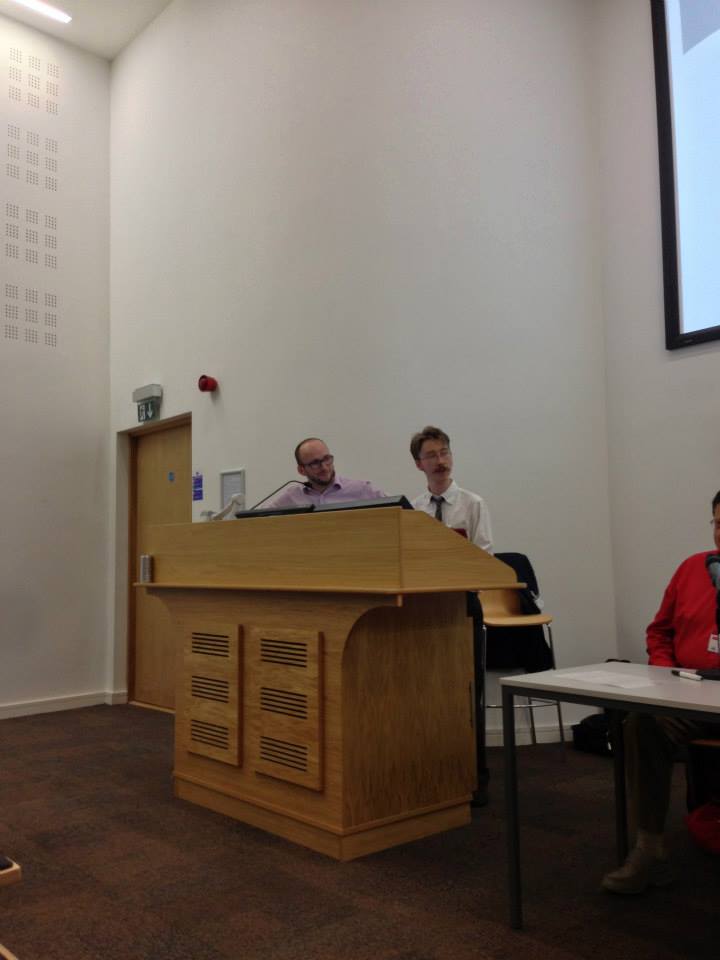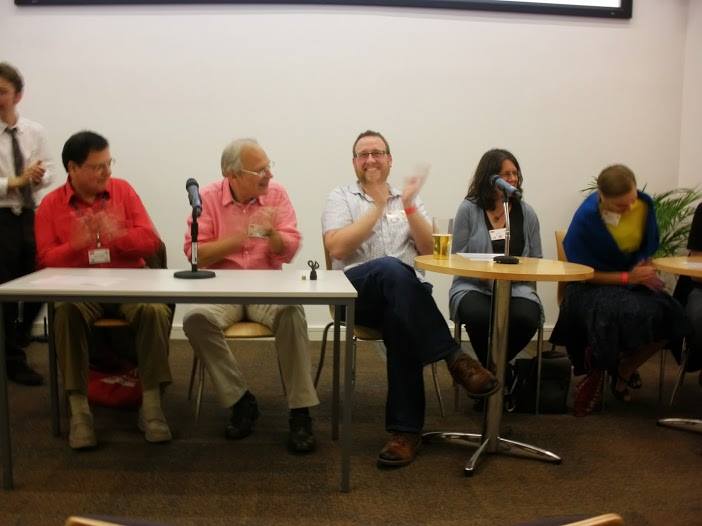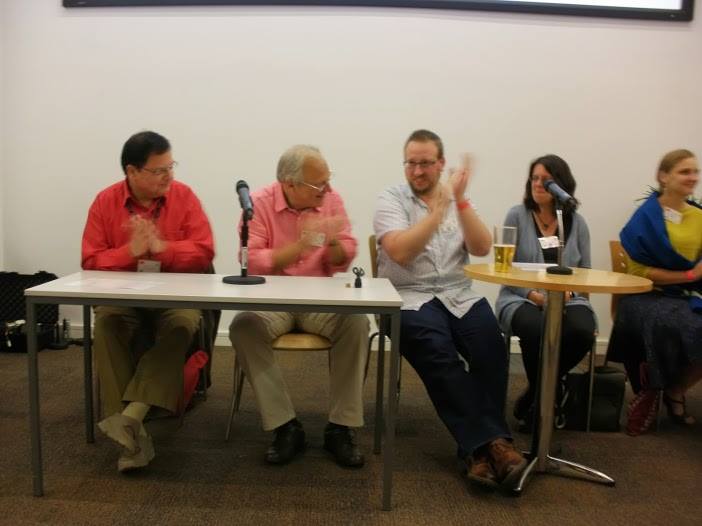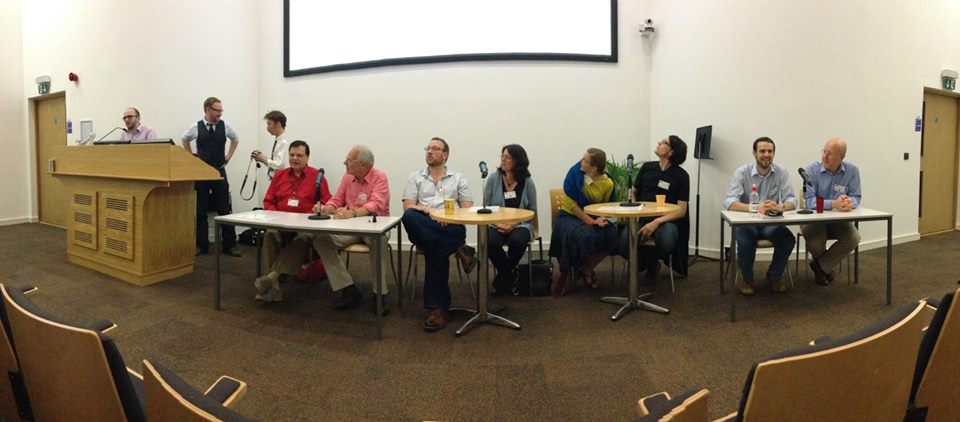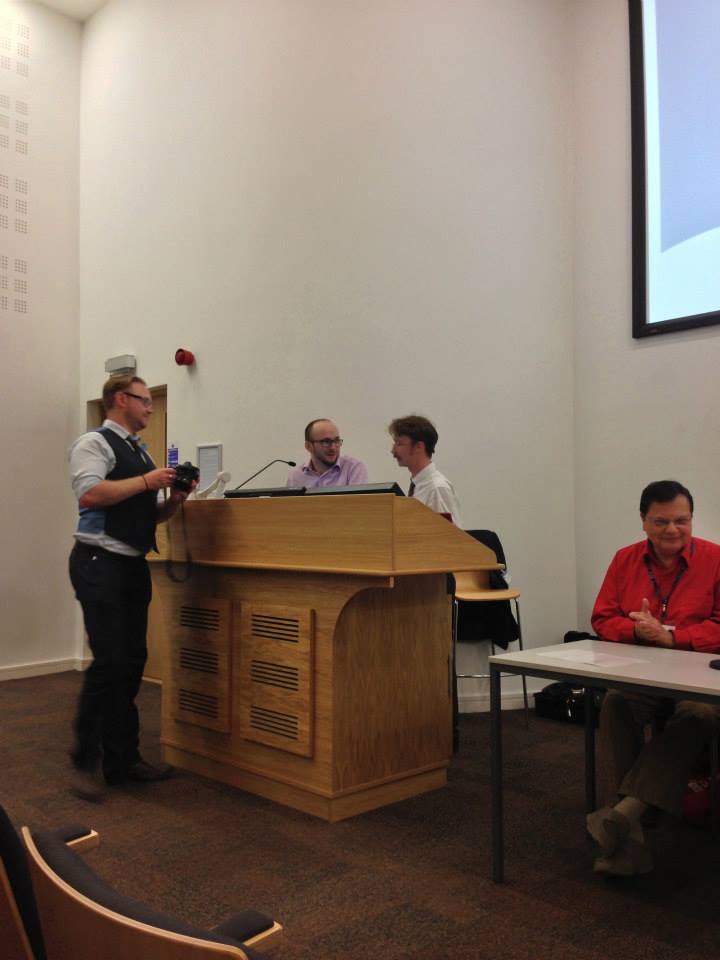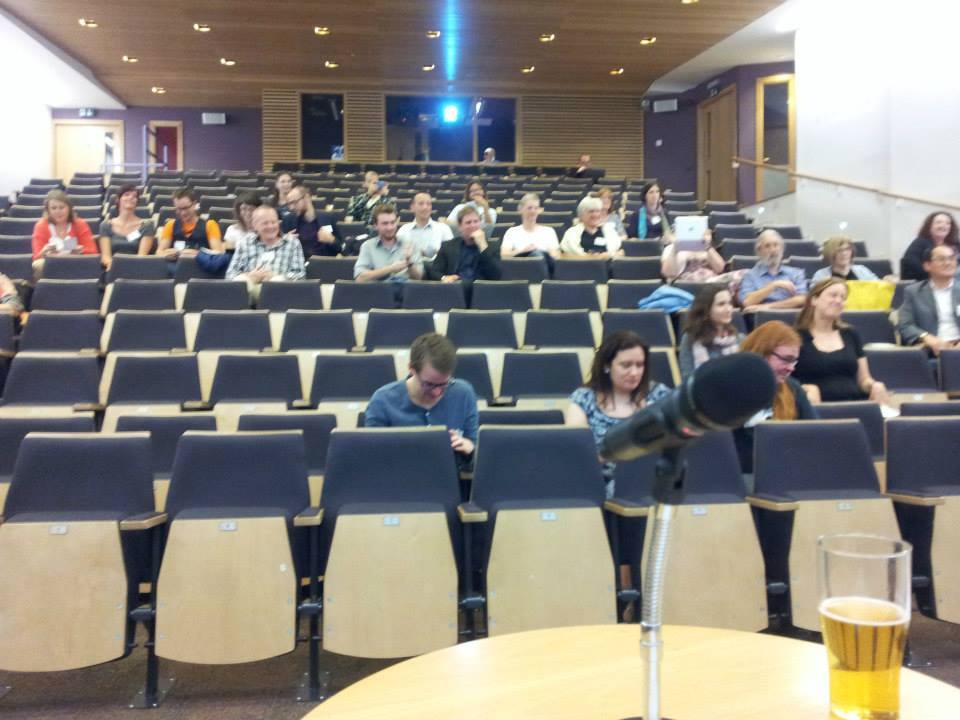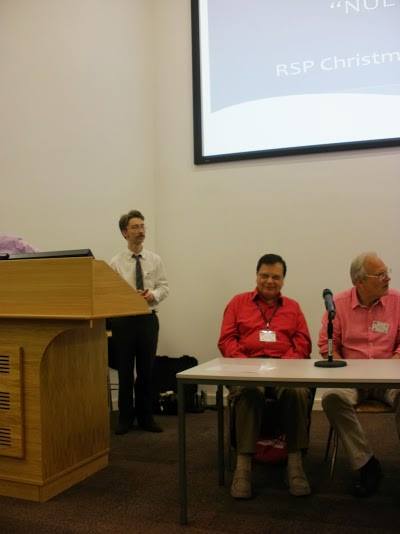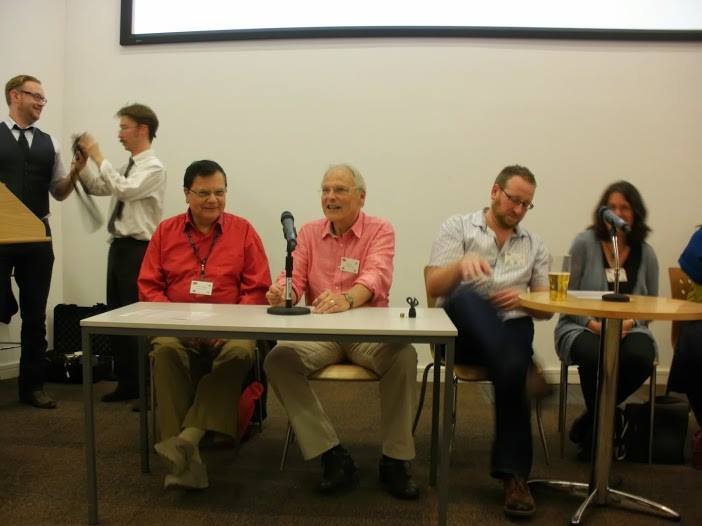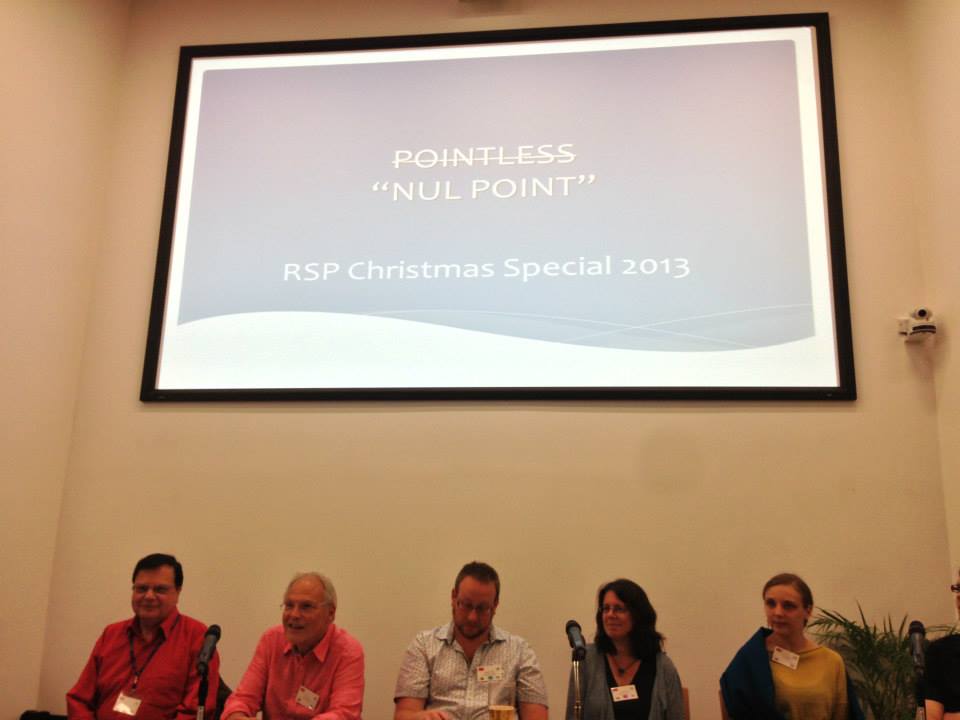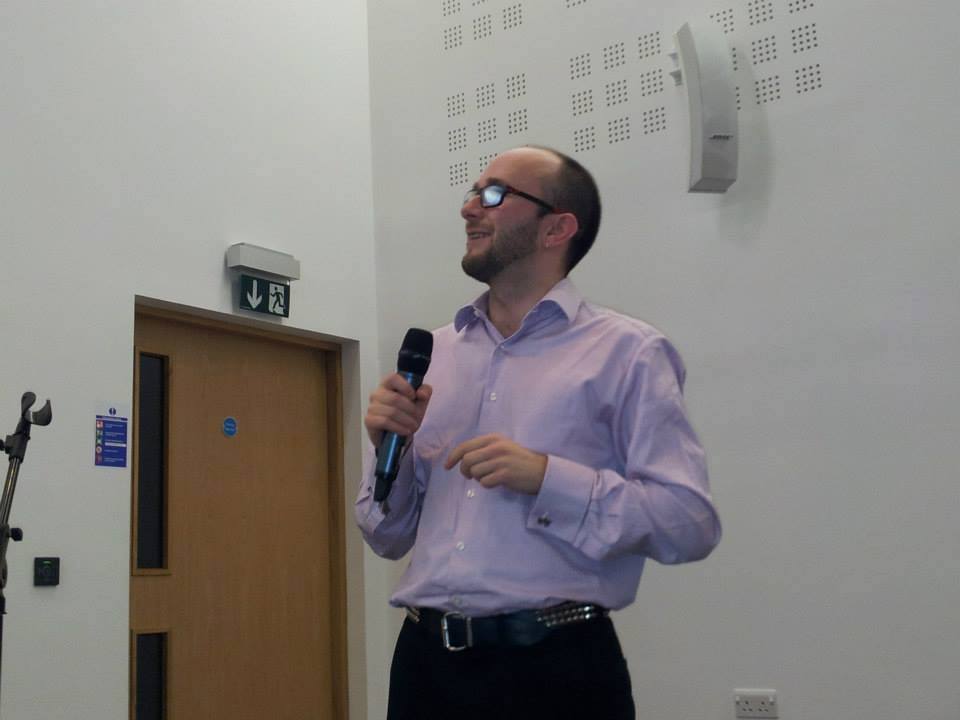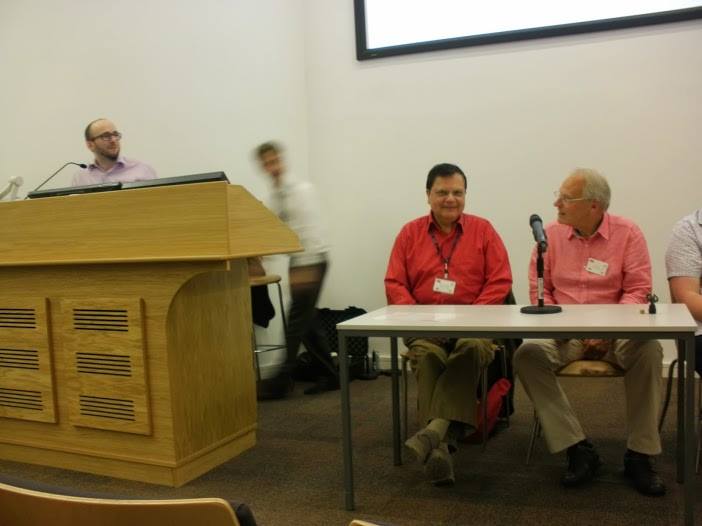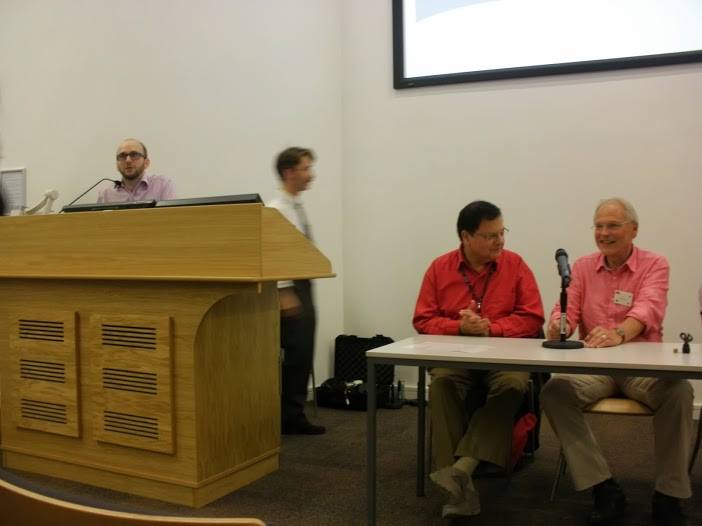Belief, Belonging, and Academic Careers
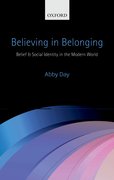 Almost twenty years ago, Grace Davie observed that despite plenty of studies into the ‘exotic edges’ of religion, ‘the picture in the middle remains remarkably blurred’. Seeking to address this imbalance and engage with the ‘beliefs of ordinary British people in everyday life’, Abby Day's recent book, Believing in Belonging (the first topic for this interview), builds upon her doctoral and later postdoctoral fieldwork, beginning within small communities in Yorkshire, and extending to a number of modern industrialised nations.
Almost twenty years ago, Grace Davie observed that despite plenty of studies into the ‘exotic edges’ of religion, ‘the picture in the middle remains remarkably blurred’. Seeking to address this imbalance and engage with the ‘beliefs of ordinary British people in everyday life’, Abby Day's recent book, Believing in Belonging (the first topic for this interview), builds upon her doctoral and later postdoctoral fieldwork, beginning within small communities in Yorkshire, and extending to a number of modern industrialised nations.
in this interview with Chris, recorded at the 2013 BSA Sociology of Religion Study Group Conference at Durham University, Day introduces listeners to the concept of 'belief' and sets out her own inductive approach, using semi-structured interviews, whereby definitions were allowed to arise from the field. Her central thesis acts as a focal point for a wide-ranging and insightful discussion on a variety of topics from nationalism and secularisation, to the usefulness of censuses as tools for measuring ‘religion’, to gender and belief in destiny. These themes are also picked up and developed in a recent volume published by Ashgate - Social Identities Between the Sacred and the Secular - which was co-edited by Abby, Chris, and Giselle Vincett.
Wearing one of her other hats, Abby also presents regularly on how to build an academic career, win research funding, and get articles published, and has published the books academic publishing and building an academic career.
You can also download this interview, and subscribe to receive our weekly podcast, on iTunes. If you enjoyed it, please take a moment to rate us. And remember, you can use our Amazon.co.uk or Amazon.com links to support us at no additional cost when buying your important books etc.
Santo Daime
My first experience of Santo Daime occurred in 2005 during research for a book on the non-mainstream religious scene in Brazil (A. Dawson, 2007). Pretty much unprepared for the sensory feast of a Santo Daime ritual, I was visually struck by the colourful ‘uniforms’ and brightly decorated ceremonial space. The strongly rhythmical and fervently sung ‘hymns’ also made an impact, as did the powerful smell and bitter taste of the religious sacrament which practitioners call ‘Daime’. A psychoactive beverage more commonly known as ‘ayahuasca’, the sacrament of Daime and its psychotropic effects further added to the intense sensory stimulation which abides as an enduring memory of my earliest encounter with Santo Daime. Staged within the mountainous terrain of a national park hundreds of miles north of São Paulo, the ritual contents and format originally forged in the Amazon region of north-west Brazil did not seem particularly out of place. However, unlike the poor, mixed-race community which first elaborated Santo Daime as part of its semi-rural subsistence lifestyle, the ritual participants with whom I was celebrating were overwhelmingly drawn from Brazil’s predominantly white urban middle class. Whereas the uniforms, songs and sacrament were very much of the Amazon region, those wearing, singing and consuming the ceremonial accoutrements of Santo Daime certainly were not. By no means discordant, the juxtaposition of Amazonian origins and urban-professional appropriation nevertheless piqued my academic interest. (Dawson 2013, 1)
 Upon receiving an email notification through the BASR mailing list about Andrew Dawson's recently published monograph, Santo Daime: A New World Religion, the RSP's academic interest was certainly piqued. Thus, towards the end of May 2013, Chris made the arduous journey from his office at one end of B Floor, County South, Lancaster University, to Dr Dawson's at the other, to discuss this fascinating and engaging book, Santo Daime in general, the various ethical problems associated with conducting this kind of field research, the intentionally multifaceted subtitle 'New World Religion', and much more.
Upon receiving an email notification through the BASR mailing list about Andrew Dawson's recently published monograph, Santo Daime: A New World Religion, the RSP's academic interest was certainly piqued. Thus, towards the end of May 2013, Chris made the arduous journey from his office at one end of B Floor, County South, Lancaster University, to Dr Dawson's at the other, to discuss this fascinating and engaging book, Santo Daime in general, the various ethical problems associated with conducting this kind of field research, the intentionally multifaceted subtitle 'New World Religion', and much more.
This interview marks the beginning of a short series of podcasts from the RSP on Religion, Migration and Diaspora, continuing next week with Mitra Barua speaking to Chris Silver about immigrant Buddhism in the West, and ending in two weeks time with Monika Salzbrunn speaking to Hanna Lehtinen about Religion, Migration and Diaspora.
You can also download this interview, and subscribe to receive our weekly podcast, on iTunes. If you enjoyed it, please take a moment to rate us. And remember, you can use our Amazon.co.uk or Amazon.com links to support us at no additional cost when buying your important books etc. Remember... Christmas is on the way!
D. Mitra Barua on Immigrant Buddhism in the West
 Dr. D. Mitra Barua is an instructor of Religious Studies at the University of Saskatchewan, and has a Masters in Buddhist Philosophy undertaken in Sri Lanka. His doctorate concerned several generations of Sri Lankan immigrants in Toronto, and how their Buddhist practices are affected by being transplanted to Canada.
Dr. D. Mitra Barua is an instructor of Religious Studies at the University of Saskatchewan, and has a Masters in Buddhist Philosophy undertaken in Sri Lanka. His doctorate concerned several generations of Sri Lankan immigrants in Toronto, and how their Buddhist practices are affected by being transplanted to Canada.
In this in-depth interview with Chris Silver, Barua discusses the links between ethnic and religious identity, and how the relationship has changed over time. They discuss how traditional Buddhist teachings are reinterpreted in order to harmonise their Buddhism with the multicultural society in which they are embedded, although this has not been uncontroversial. Buddhism, of course, has historically been geographically and theologically diverse, and this has continued in a North American context.
They also discuss how these affect our models of religion and culture. Are the appropriations of Buddhist traditions like meditation in therapeutic contexts to be considered 'religious'? Dr Barua also describes some of the practical issues with carrying out fieldwork within a monastic community.
You can also download this interview, and subscribe to receive our weekly podcast, on iTunes. If you enjoyed it, please take a moment to rate us. And remember, you can use our Amazon.co.uk or Amazon.com links to support us at no additional cost when buying your important books etc. Remember… Christmas is on the way!
This interview marks the beginning of a short series of podcasts from the RSP on Religion, Migration and Diaspora, which began last week with Andrew Dawson discussing Sante Daime, and concludes next week with Monika Salzbrunn speaking to Hanna Lehtinen about Religion, Migration and Diaspora.
Religion, Migration and Diaspora
“We had so many studies focusing on institutions and on official discourse, and so few studies on the silent majority, which never shows up in these institutions... So we over-emphasize the religious belongings. All the muslims are supposed to know the Qur'an, although they don't. Some of them have never opened it. Some of them don't think they are Muslims. – None of us is Christian, Muslim, a Mason, Atheist, 24 hours a day. We have much more belongings, identities.”
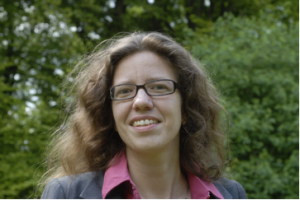 Needless to say, migration and diasporic communities are a politically hot topic. In many European countries the attitudes towards immigration, especially by those representing different cultural or religious backgrounds, have become more critical and in some cases outright hostile. On the other hand, there are those who advocate openness without paying much attention to the challenges increased immigration as well as uninformed immigration policies may cause. The digging of ideological trenches and heated debates seem to highlight the very real need of comprehensive academic study on the realities of migration, immigrant communities, immigration policies and beyond. But how are these to be studied most effectively? One person who definitely has something to say about this topic is professor Monika Salzbrunn. She is currently the leader of the Research Institute for Social Sciences of Contemporary Religions (IRSSCR) and holds a full-time professorship in "Religion, Migration and Diaspora" at Lausanne University, Switzerland. She has been involved in an impressive array of research projects. For example, she was the leader of the French team in the European GEMMA project on policymaking, gender and migration in the 7th framework program of the European Union at Ecole des Hautes Etudes en Sciences Sociales (EHESS). The RSP had a great opportunity to discuss the broad themes of migration and diaspora with professor Salzbrunn at the biennial conference of International Society for the Sociology of Religion in Turku earlier this year. Salzbrunn contributes the final episode to our current theme 'Religion, Migration and Diaspora', and tells about the work done at the IRSSCR. She gives an introduction to her current research projects, and also says something about what in her view remains to be done in the future. A point to emphasize, in her view, is that it is important to study the multifaceted everyday life of the 'silent majority' to get relevant information on the religious diversity 'on the streets': food, entertainment, and especially the religious events and festivities, in which religious and ethnic identities are being constructed and maintained.
Needless to say, migration and diasporic communities are a politically hot topic. In many European countries the attitudes towards immigration, especially by those representing different cultural or religious backgrounds, have become more critical and in some cases outright hostile. On the other hand, there are those who advocate openness without paying much attention to the challenges increased immigration as well as uninformed immigration policies may cause. The digging of ideological trenches and heated debates seem to highlight the very real need of comprehensive academic study on the realities of migration, immigrant communities, immigration policies and beyond. But how are these to be studied most effectively? One person who definitely has something to say about this topic is professor Monika Salzbrunn. She is currently the leader of the Research Institute for Social Sciences of Contemporary Religions (IRSSCR) and holds a full-time professorship in "Religion, Migration and Diaspora" at Lausanne University, Switzerland. She has been involved in an impressive array of research projects. For example, she was the leader of the French team in the European GEMMA project on policymaking, gender and migration in the 7th framework program of the European Union at Ecole des Hautes Etudes en Sciences Sociales (EHESS). The RSP had a great opportunity to discuss the broad themes of migration and diaspora with professor Salzbrunn at the biennial conference of International Society for the Sociology of Religion in Turku earlier this year. Salzbrunn contributes the final episode to our current theme 'Religion, Migration and Diaspora', and tells about the work done at the IRSSCR. She gives an introduction to her current research projects, and also says something about what in her view remains to be done in the future. A point to emphasize, in her view, is that it is important to study the multifaceted everyday life of the 'silent majority' to get relevant information on the religious diversity 'on the streets': food, entertainment, and especially the religious events and festivities, in which religious and ethnic identities are being constructed and maintained.
You can also download this interview, and subscribe to receive our weekly podcast, on iTunes. If you enjoyed it, please take a moment to rate us. And remember, you can use our Amazon.co.uk or Amazon.com links to support us at no additional cost when buying your Christmas presents etc.
(For those wondering about the noises and chimes on the backround, we also had the honour of having Salzbrunn's inquisitive daughter take part in the interview. She is already an experienced conferencionista herself. Enjoy!) More information on the research projects steered by Salzbrunn can be found here: L'islam (in)-visible en ville. Expressions matérielles et immatérielles des pratiques de l'islam dans l'espace urbain (pdf-file, in French) Undocumented Mobility (Tunisia - Switzerland) and Digital-Cultural Resources after the 'Arab Spring' (on Lausanne University's website, in English).
The other episodes in this series featured Andrew Dawson on Santo Daime, and D. Mitra Barua on Immigrant Buddhism in the West.
Carl Jung
Carl Gustav Jung (1875-1961) was a Swiss psychiatrist. Initially a collaborator with Sigmund Freud, the two later split and Jung went on to found the Analytical Psychology school of psychotherapy. His approach focussed on what he called the process of individuation, in which the conscious and unconscious impulses in an individual are brought into harmony. He coined many concepts with a currency beyond psychiatry, including archetype, the collective unconscious, complex and synchronicity.
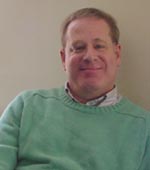
Following a spell of "creative madness" in 1913, he increasingly applied his theories to more diverse subjects - myths, alchemy, gnosticism, even UFOs. In this entertaining interview, Robert Segal tells David about Jung's impact on theories of religion. Why was Jung so fascinated by religious ideas, and why do his ideas remain so influential today? Did he mean them in the way they have been subsequently appropriated?
You can also download this interview, and subscribe to receive our weekly podcast, on iTunes. If you enjoyed it, please take a moment to rate us. And remember, you can use our Amazon.co.uk or Amazon.com links to support us at no additional cost when buying your Christmas presents etc.
This is the first episode on a series on early 20th century theorists of religion. Following episodes feature interviews with Paul-Francois Tremlett on Levi-Strauss and Ivan Strenski on Durkheim.
Claude Lévi-Strauss
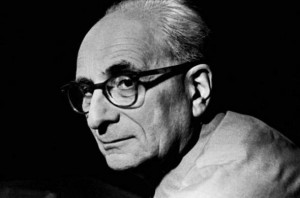
Claude Lévi-Strauss (1908-2009) was the founder of structural anthropology, and is widely considered to be a foundational figure for modern anthropology. In books including Les Structures élémentaires de la parenté (1949, The Elementary Structures of Kinship), Tristes Tropiques (1955) and La Pensée sauvage (1962, The Savage Mind, 1966), Levi-Strauss laid out the argument that the structures underlying both "civilised" and "primitive" societies are identical. However, his work has not been appreciated by Religious Studies scholars as much as it has by anthropologists.
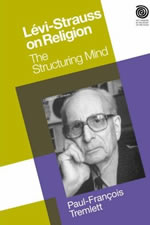
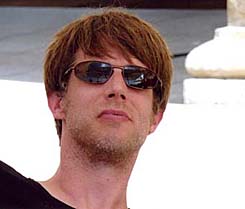
Here, David Robertson talks to Paul-Francois Tremlett of the Open University about Levi-Strauss' legacy for the study of religion. As well as introducing a structuralism inherited from linguistics to the field, Tremlett argues that he also anticipates contemporary cognitive approaches. We discuss his notion of bricolage and how it affected Levi-Strauss' analyses of mythology.
You can also download this interview, and subscribe to receive our weekly podcast, on iTunes. If you enjoyed it, please take a moment to rate us. And remember, you can use our Amazon.co.uk or Amazon.com links to support us at no additional cost when buying your Christmas presents etc.
This is the second episode on a series on early 20th century theorists of religion. The first featured Robert Segal on C. G. Jung; next week features Ivan Strenski on Durkheim.
Emile Durkheim
Emile Durkheim (1858-1917) is widely regarded as the founder of sociology, and has been enormously influential on the entirety of the modern social sciences. The author of The Elementary Forms of the Religious Life, Suicide: A Study in Sociology, and The Division of Labor in Society among others, he is perhaps most well-known in Religious Studies for his definition of religion as
"a unified system of beliefs and practices relative to sacred things, that is to say set apart and forbidden, beliefs and practices which unite into one single moral community, called a church, all those who adhere to them" (1965 [1912]: 62).
Within this well-worn definition we can glimpse the basic foundations of an entire approach to the study of religion, which places emphasis upon the role of social interaction and discourse in 'setting things apart' - in constructing the 'sacred' and the 'religious'- rather than assuming or advocating for an inherent, sui generis, religion.
In this wide ranging and in-depth interview with Chris, Ivan Strenski discusses Durkheim's life and work in a broader context, tracing his impact through the 'Durkheimian school' - which includes Claude Levi-Strauss - and presenting an understanding of the academic study of religion as a Durkheimian project.
You can also download this interview, and subscribe to receive our weekly podcast, on iTunes. If you enjoyed it, please take a moment to rate us. And remember, you can use our Amazon.co.uk, Amazon.ca or Amazon.com links to support us at no additional cost when participating in the 'sacralizing' of the social and buying your Christmas presents etc.
This is the final episode in a series on early 20th century theorists of religion. The first featured Robert Segal on C. G. Jung and the second featured Paul-François Tremlett on Claude Levi-Strauss.
Religious Studies and the Paranormal, Part 1
In October 2013, a four day international conference was held at the Esalen Institute in Big Sur, California, on the theme of ‘Anthropology and the Paranormal’. This special two part episode explores some aspects of the sometimes fraught relationship between "paranormal" events and beliefs (The World Religions") and Religious Studies. This two-part episode has been produced in collaboration with Jack Hunter, editor of the journal Paranthropology, and co-convenor of the Esalen conference.

In this first part, we ask, why has the study of "paranormal" experience been somewhat ignored by academia in general and Religious Studies in particular? Is the problem the term "paranormal"? What importance of these kinds of studies have for the field? Is there concern that such studies necessarily seek to justify the ontological claims of the paranormal? This latter issue is pursued in part two, to be broadcast this wednesday. Many of the scholars also offer advice for those interested in this area but are worried about "employability". You will hear, in the following order, the voices of Jeffery Kripal, Ann Taves, Tanya Luhrmann, Fiona Bowie, Paul Stoller, Charles Emmons, Stanley Krippner and David Hufford.
You can also download this interview, and subscribe to receive our weekly podcast, on iTunes. If you enjoyed it, please take a moment to rate us. And remember, you can use our Amazon.co.uk or Amazon.com links to support us at no additional cost when buying your Christmas presents etc. Fifteen international scholars from anthropology, religious studies, folklore and psychology met to discuss the potential contributions of these interrelated disciplines to the investigation of paranormal beliefs and experiences. Fiona Bowie's report of the conference may be read here.
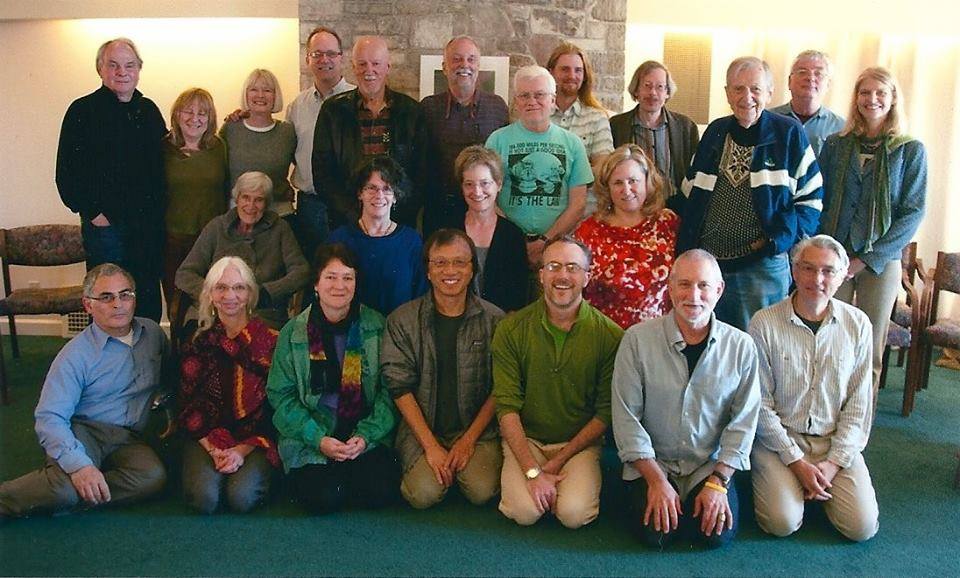
Religious Studies and the Paranormal, Part 2
In October 2013, a four day international conference was held at the Esalen Institute in Big Sur, California, on the theme of ‘Anthropology and the Paranormal’. This special two part episode explores some aspects of the sometimes fraught relationship between “paranormal” events and beliefs (The World Religions“) and Religious Studies. This two-part episode has been produced in collaboration with Jack Hunter, editor of the journal Paranthropology, and co-convenor of the Esalen conference.

In this second part we ask "the epistemic/ontological question": in studying these experiences, how far should we be concerned with the ontology? Would to do so be an abandonment of the scientific materialism which underpins the discipline, and therefore a slide back into theology? Or can there be a bigger model of materialism - a "complicated materialism", to use Ann Taves' expression - in which these phenomena might be suitably explicable? Or, as Bowie puts it, can we use "empathetic engagement" to adopt the ontology for research purposes? You will hear, in the following order, the voices of Jeffery Kripal, Ann Taves, Tanya Luhrmann, Fiona Bowie, Paul Stoller, Charles Emmons and David Hufford. Part 1 can be downloaded here.
You can also download this interview, and subscribe to receive our weekly podcast, on iTunes. If you enjoyed it, please take a moment to rate us. And remember, you can use our Amazon.co.uk or Amazon.com links to support us at no additional cost when buying your Christmas presents etc.
Fifteen international scholars from anthropology, religious studies, folklore and psychology met to discuss the potential contributions of these interrelated disciplines to the investigation of paranormal beliefs and experiences. Fiona Bowie’s report of the conference may be read here.
Nul Point | Mid-Year Special 2013
Over the past few weeks, many of you will have been under the impression that an important event is just around the corner. Greeting cards have been sent. Food has been stockpiled. Music rehearsed... It's clearly that time of year again. Which can mean only one thing: the RSP has been on to go for two years — can you believe this?
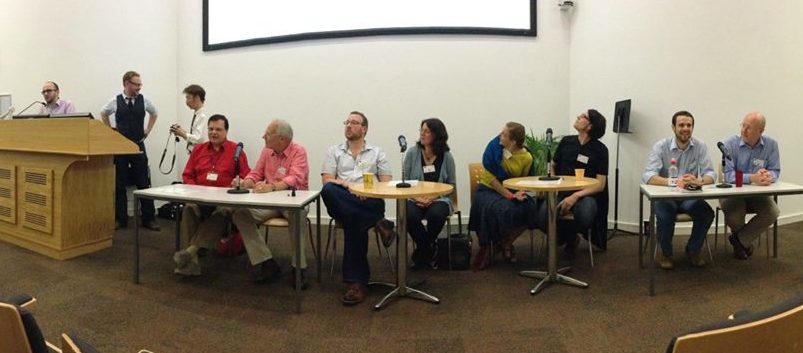
To celebrate, we couldn't resist bringing you another Mid-Year Special [all (non-)religious festivals are available]. Following on from last year's hilarious Only Sixty Seconds, we brought together last year's winner (Dr. David Wilson), and last year's 'most entertaining loser' (Jonathan Tuckett), with six other contestants, to fight for the coveted RSP Christmas trophy.
The game?
Nul Point! (any resemblance to a popular BBC television programme hosted by Alexander Armstrong is entirely coincidental). Before the show, we gave 64 of the RSP listeners 100 seconds to answer a variety of questions. The aim of the game for contestants is to correctly find the answer which the least percentage of these people answered correctly. Simples.
The contestants?
Professor George Chryssides, Professor James Cox, Dr Stephen Gregg, Hanna Lehtinen, Dr Suzanne Owen, Dr Teemu Taira, Jonathan Tuckett, and Dr David Wilson
The venue?
Liverpool Hope University, at the BASR/EASR/IAHR Conference in September 2013, with a special live studio audience.
What is the least well known book of the Bible? How many people in the UK listed their 'religion' as 'Jedi Knight' on the UK 2011 Census? What is Professor Jim Cox's drink of choice? To find out, you need do nothing more than hit 'Play' and enjoy this forty minutes of pure, unadulterated, top quality Religious Studies entertainment. Remember to listen to the end for some amusing outtakes.
There was a picture round as part of the game show - you can view these pictures here. Interested in seeing a picture of the winner being presented with their trophy? Click here.
Non-denominational seasonal greetings to all our listeners, and best wishes for 2014. We'll be back in January — bigger and better than ever. Many thanks to everyone who took part in this recording — the contestants, the hosts, and the studio audience. Thanks to the BASR/EASR/IAHR for facilitating this recording and adding it to the official conference schedule. Thanks to the technical team at Liverpool Hope University for the audio recording, and to the inestimable David Robertson for technical wizardry on the night and for pulling the episode together. Thanks to those listeners and fans who helped out by providing the much-needed material for the game show. And finally—and perhaps most importantly—thanks for listening!

